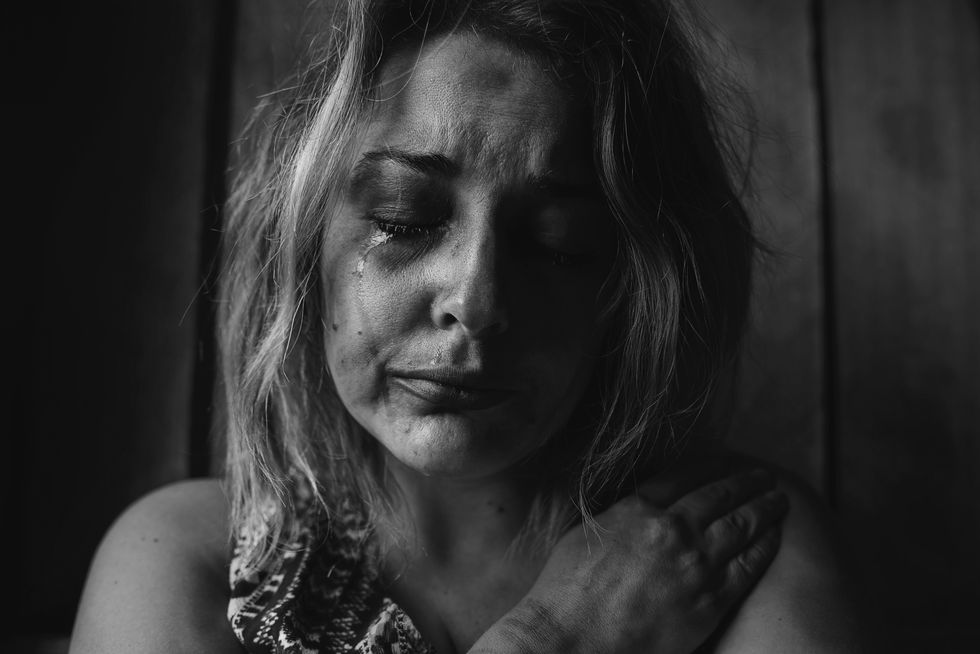In todays world view it is not uncommon to hear of the many kinds of mental illness. They range from general anxiety to obsessive compulsive disorder (OCD) to schizophrenia. However, neither is worse, so to speak, than the other.
While we hear about all of the different types of mental illness, we do not hear about how to manage them. We often hear of the many medications available for the different types of illnesses. Yet, there does not seem to be an abundance of conversation on how to manage your mental illness aside from medication. For some, medication alone, along with general counseling from a psychiatrist or general practitioner, is enough. However, there are some, myself included, that need more than just a "solve all pill." I have to talk to someone. I need vent sessions to make it thorough.
Hopefully, this article will shed some light on the different types of counseling options and what their goals are.
1. Counseling-
Many general practitioners will provide general counseling sessions within an appointment and discuss anger issues, relationship troubles, and a bit more.
2. Cognitive Behavioral Therapy -
During these therapy sessions you can discuss your depression, anxieties, phobias, OCD, PTSD, and more. You are able to speak with a psychologist in confidence, unless you are going to hurt someone or yourself, about all of your struggles in a judgement free environment.
3. Psycho Therapy-
In this environment, you are able to have a more prolonged relationship with a therapist. This form of therapy is available to people who have had a less than ideal past and base their current decisions on past experiences.
4. Family Therapy-
In a family therapy setting, you are able to have a group family setting and discuss familial issues and better communication skills.
5. Relationship Counseling-
In relationship counseling the is an environment is set to discuss communication improvements designed to help get a better understanding of what your partner is feeling and how to better express your feelings.
6. Group Therapy-
In this setting a group of people with similar concerns and mental illnesses will meet together with one or multiple phycologists and have a group discussion on how to better themselves and manage their variety of mental illnesses, while gaining the connection and relationship of others.
7. Interpersonal Therapy-
This specific therapy is typically related to depression and the management of this specific mental illness.
8. Behavioral Activation-
Therapy sessions where you are pushed to exit your comfort zone, make plans, set schedules, find new hobbies, and introduce positive new behaviors into your daily routine.
9. Mindfulness-
Finally, for the purpose of this article, is mindfulness therapy. This form of therapy helps you become more aware of the reoccurring thoughts that are present throughout your typical day, without causing more mental harm. It also can include meditation, yoga, and many different body and mind exercises.
While there are many forms of therapy other than medicinal therapies, these are just a few. I hope this will help at least one person realize that your vision of what therapy is, might not be accurate.
All in all, make sure you are not secluding yourself if you have, or think you may have a mental illness. Talking to people can be key in fighting your own mental illness.

















